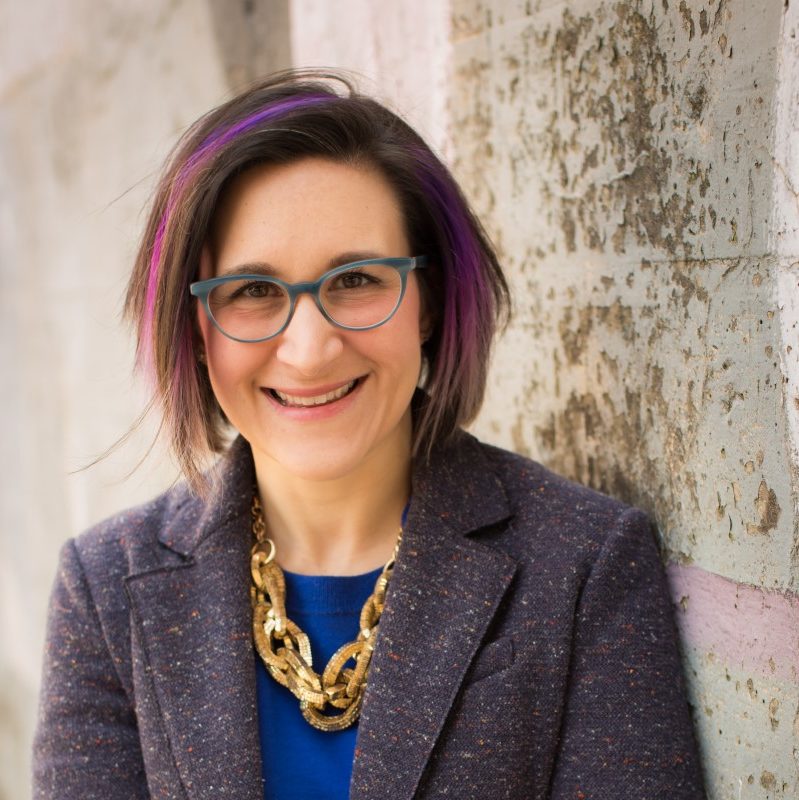Feeling vulnerable comes with getting older, but it doesn’t have to define this time of life
Dwayne Dobschuetz calls it “the game-changer” — the broken hip, stroke, or loss of a driver’s license that suddenly damages a senior’s independence. The Northwestern Medicine geriatrics nurse, 75 years old himself, says catastrophic events are often behind dramatic increases in anxiety or the feelings of vulnerability that seniors sometimes experience.
For many, feeling more vulnerable creeps in around age 65. “Once they start to develop significant conditions that are medically inclined, that’s when the anxiety begins,” says Jean Llamas, president of Algonquin-based care management company Care Navigators, Inc. and Care Guardians, NFP.
Llamas says her clients worry over health and safety risks, and share existential fears such as mortality or becoming a burden.
While growing concern about physical vulnerability is normal, if a senior’s overall quality of life suffers due to anxiety, it may be time to call in reinforcements. “When somebody becomes so sad that they’re staying in bed, they’re not eating, not seeing their family — that’s when they definitely are exhibiting signs of clinical depression,” Llamas says.
Making plans
Independent, active seniors experience minimal if any anxiety, Dobschuetz says. However, that doesn’t make them immune to a game-changing life event. Not only are most people not prepared for one, he says, but too many don’t consider what comes next if their level of independence changes.
In Dobschuetz’s ideal world, seniors would address their comfort and stability annually with their physicians, preparing for the unknowns of aging. Questions might include: What do you see coming next? What are your desires? What are your longer plans?
Planning for the future can prevent additional trauma or stress if a senior becomes infirm or needs assisted living.
“Many times, people put off that move to assisted living too long, and by the time they’re actively considering it, it’s too late,” Dobschuetz says. “They’re constantly playing catch-up.”
However, if you’ve already vetted and toured an assisted living facility before you technically need it, moving in is not as unsettling, he says. “It’s not as scary a thing.”
Asking for help
About 20% of people 55 or older experience some mental health concern or mental illness, the Centers for Disease Control and Prevention estimates. Yet, many are uncomfortable discussing it.
“The older generations believe they do not have it, they do not need help, and they fear the word counseling,” Llamas says. She notes that her clients often deny a diagnosis of depression, even if it’s in their medical chart.
To combat that stigma, Llamas says she couches counseling as “emotional support” for her clients. Over time, she builds a rapport with indirect counseling. Many of her clients eventually open up about fears over being unable to walk, bathe, drive, dress, or be safe. Once she understands the issue, the person or their caregiver can incorporate services as necessary, such as primary care, physical therapy, or mental health care.
Dobschuetz recalls working with a woman who seemed to be functioning well independently in a downtown high-rise until he noticed that her mail was piling up. He offered to introduce her to an expert to help her get organized, gently noting that the paperwork seemed overwhelming.
“You know, it is,” he remembers the woman saying. The assistant helped her with her finances and later assisted her transition to assisted living and eventually hospice.
Connecting with resources
Dobschuetz says that many of his patients have expressed fear about trusting new professionals in their lives. A named power of attorney can ease that fear and help with decision making. “It’s important that they have someone they can trust and reach out to,” Dobschuetz says, adding that he often asks patients, “Do you feel safe? And if not, who would you call?”
Resources are out there. The Illinois Department on Aging and other groups, for example, offer free programs, legal assistance, and home care.
“Technology is changing; the environment is changing; they’re closing bus lines; they’re opening new routes. As you get to a certain age, that’s just not easy to [manage].”
Elizabeth Gomez, director of outreach for Alderman Scott Waguespack, helps 32nd Ward seniors who express anxiety about financial stability. Many worry about being able to stay in their homes. Gomez conducts home visits for seniors who find it difficult to arrange transportation to the alderman’s office to fill out governmental paperwork.
“Technology is changing; the environment is changing; they’re closing bus lines; they’re opening new routes,” she says. “As you get to a certain age, that’s just not easy to [manage].”
Additionally, antidepressants and antianxiety medicines can be “incredibly helpful,” Llamas says. “It can be profound and life changing for them to find that right therapeutic dose of medication.”
And keep in mind: Increased feelings of vulnerability is a normal part of aging, but it shouldn’t be a defining part. There are resources and steps you can take to help. The
key is awareness — that this is, or likely will be, part of your experience.
